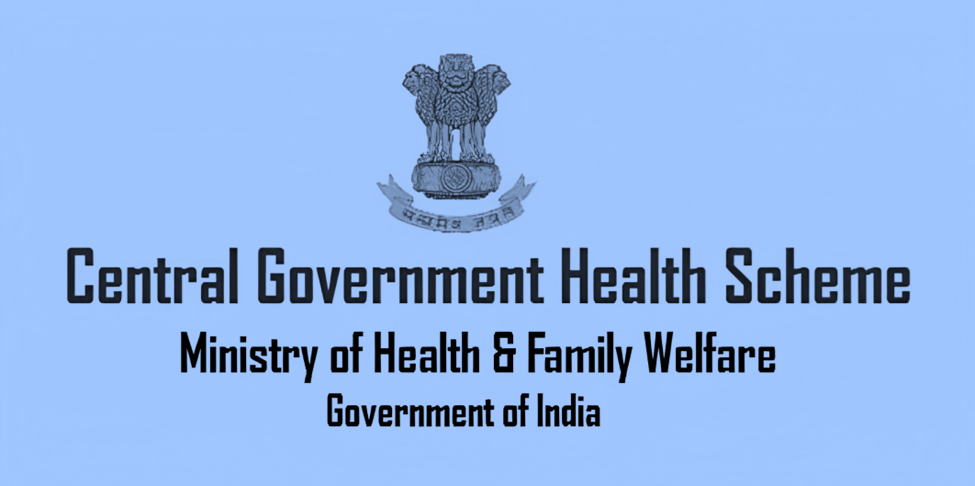Description

Copyright infringement not intended
Context: The Health Ministry to update the central government health scheme (CGHS) package pricing.
Details
- Officials stated that the change was carried out for the first time since 2014 to keep hospitals providing the services.
- Many private hospitals requested to withdraw from the CGHS council since the prices had not been reviewed since 2014.
New Revised Proposed Rates
- Outpatient Consultation Department (OPD) charges have been raised from Rs 150 to Rs 350.
- The daily cost for ICU services has been set at Rs 5,400, which includes all ward entitlements.
- The cost for a common room has been increased from Rs 1,000 to Rs 1,500, the rent for a semi-private ward has been raised from Rs 2,000 to Rs 3,000, and the rate for a private room has been raised from Rs 3,000 to Rs 4,500.
.jpeg)
Central Government Health Scheme (CGHS)
- It is a welfare scheme that provides comprehensive healthcare facilities to the employees and pensioners of the Central Government and their dependents residing in CGHS-covered cities.
- It covers allopathic, homoeopathic, ayurvedic, unani, siddha and yoga systems of medicine, as well as dental and eye care.
- It was established in 1954 to provide quality healthcare services to government employees and their families.
- It operates through a network of wellness centres, polyclinics, general hospitals, and empanelled private hospitals across India.
Benefits under CGHS
- CGHS beneficiaries can avail of services such as consultation, medicines, investigations, surgeries, dental care, ayurveda, homoeopathy, yoga, and naturopathy.
- CGHS beneficiaries can also book online appointments, apply for plastic cards, view their dashboard, lodge grievances, and access teleconsultation services through the CGHS website.
- CGHS also issues permissions and registrations for various medical procedures and treatments. CGHS charges a monthly contribution from its beneficiaries based on their pay level and entitlement.
Initiative under CHGS
CGHS Wellness Centres
- These are the primary health care units that provide consultation, medicines, investigations, immunization, family welfare services and other basic health care services to the beneficiaries.
- There are 499 CGHS Wellness Centres across 72 cities in India.
- The beneficiaries can register themselves at the nearest Wellness Centre and obtain a CGHS card.
- They can also book online appointments and avail of teleconsultation services through the CGHS website or mobile app.
Empanelled Hospitals and Diagnostic Centres
- These are the private healthcare providers that have been empanelled by the CGHS to provide secondary and tertiary care services to the beneficiaries at CGHS rates.
- The beneficiaries can avail of cashless treatment at these facilities in case of emergency or with prior permission from the CGHS authorities.
- They can also get reimbursement for their medical expenses as per the CGHS rates and guidelines.

Authorized Local Chemists
- These are the private chemists that have been authorized by the CGHS to supply medicines to the beneficiaries on prescription from a CGHS doctor.
- The beneficiaries can get medicines for up to three months at a time from these chemists without any payment.
- They can also get life-saving drugs and implants on a credit basis from these chemists with prior permission from the CGHS authorities.
Must Read Articles:
The healthcare sector in India: https://www.iasgyan.in/daily-current-affairs/healthcare-sector-in-india
|
PRACTICE QUESTION
Q. What are the main challenges and opportunities for implementing a universal health coverage system in India, considering the diversity of health needs, socio-economic conditions, and health system capacities across different states and regions?
|

https://timesofindia.indiatimes.com/india/government-revises-cghs-package-rates-to-retain-hospital-services/articleshow/99445258.cms?from=mdr











